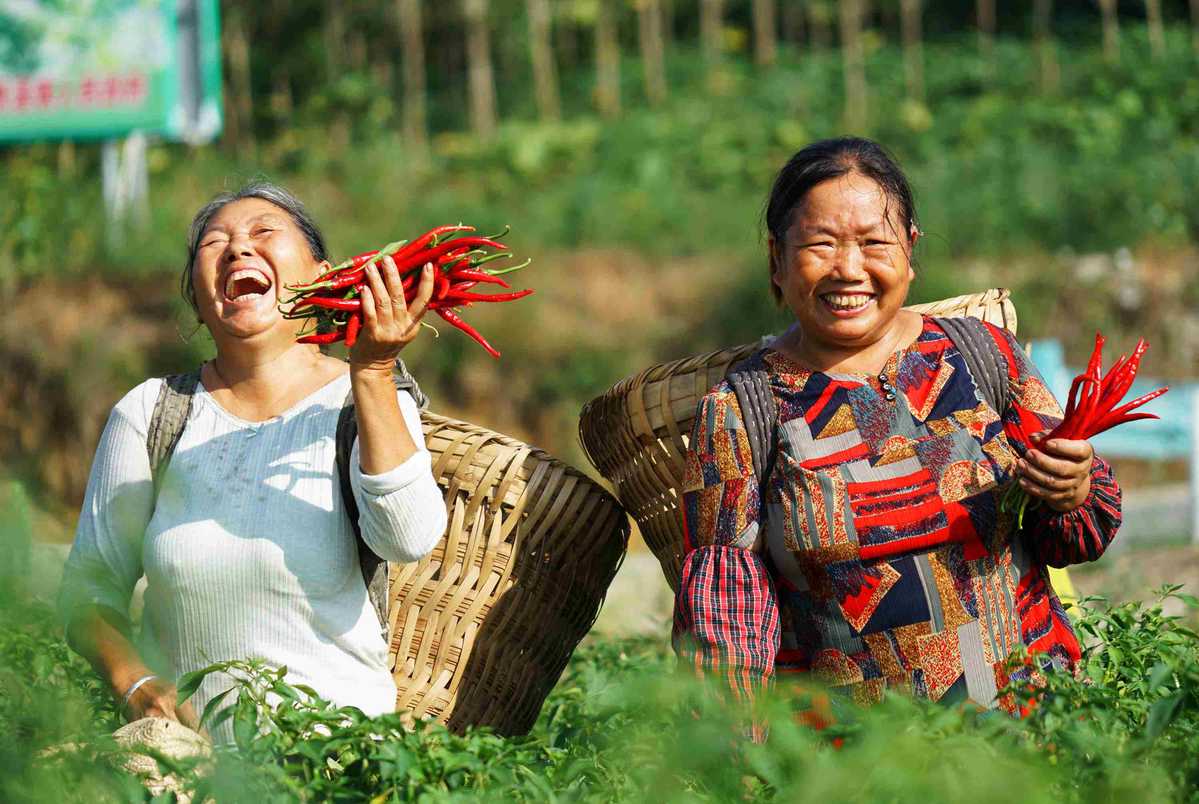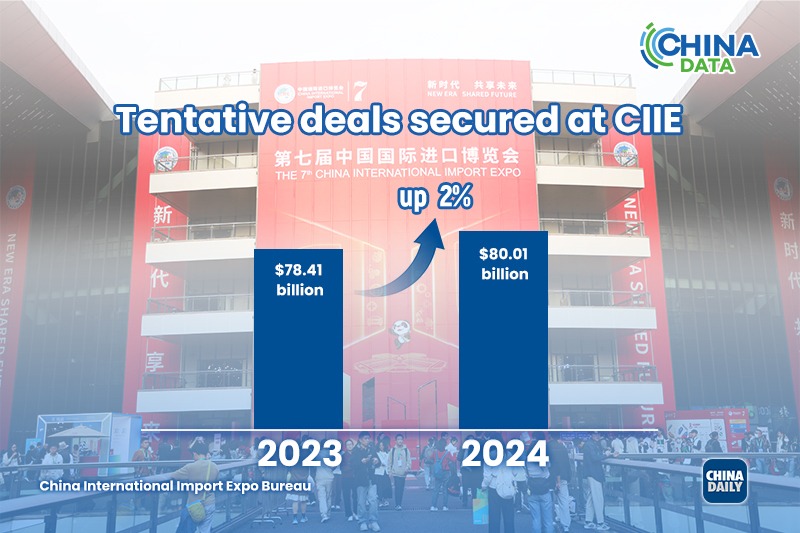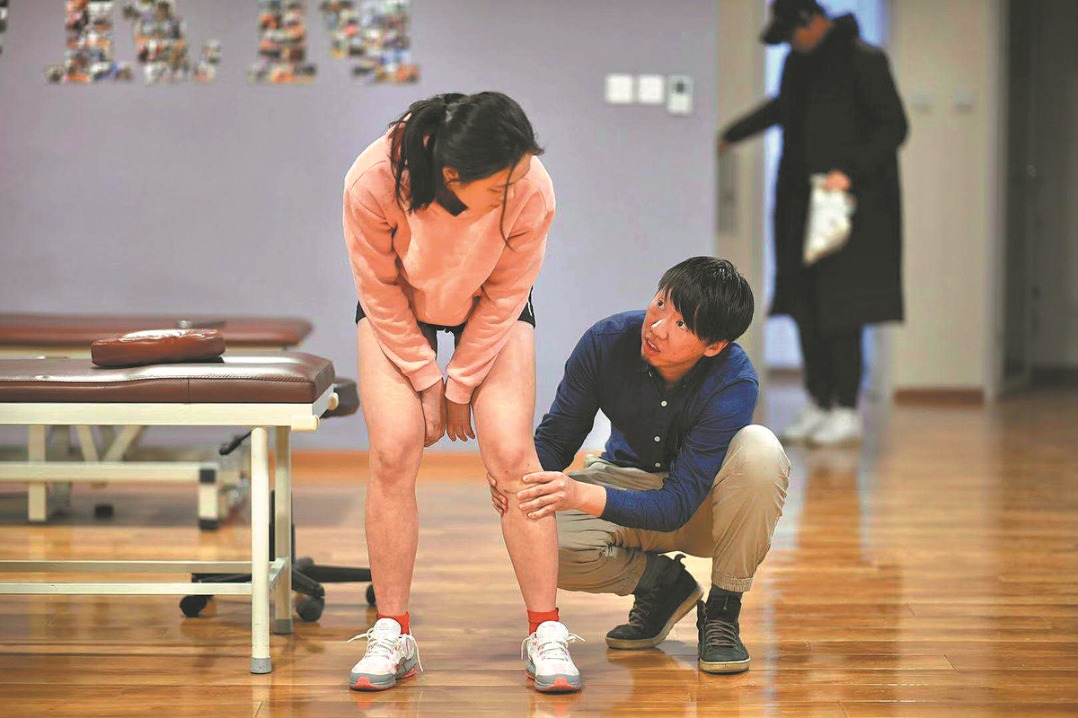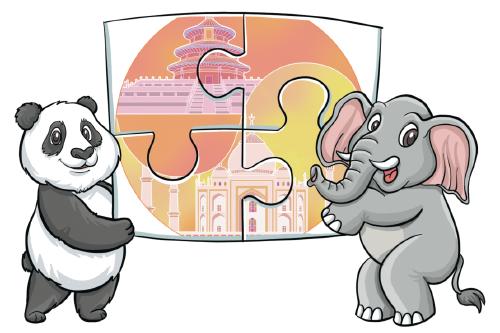Bridging widening income gap crucial to nation's prosperity


The Central Economic Work Conference that concluded on Friday calls for promoting employment, improving the social security net, optimizing income distribution, expanding the size of the middle-income group and advancing common prosperity.
Because of the impact of the novel coronavirus pandemic, the pace of demand recovery is markedly slower than that of supply. Total retail sales of consumer goods so far this year has not yet reached the levels during the same period last year.
It is natural for central authorities to stress on increasing domestic demand, which holds sway over many key economic sectors.
Production and investment have been the State's priority for a long time, and they are effective growth engines, but the reform of the income distribution system still lags behind. If the problem is not addressed now, it will directly reduce sustainability of economic growth in the long run, as the rise in people's incomes and consumption will slow down, and the overcapacity and debt issues will become more prominent.
Chinese Academy of Social Sciences data show that over the past year, nearly half of the population's expenditure on leisure and entertainment activities was less than 1,000 yuan ($153) per capita, reflecting the households' limited spending power.
That the income divide in the United States has led to a series of economic and social problems should remind decision-makers in China of the need to bridge the country's ever-widening income gap.
The country needs to continuously increase its input in public services and increase coverage of education, medical care, elderly nursing and government-subsidized housing. It should give full play to taxation to effectively adjust national wealth distribution.
The more income sources the rich people have, the more ways they get to evade tax. No wonder the tax burden is higher on those in the middle-income group than on billionaires.
Therefore, after eliminating abject rural poverty, the authorities should make it their priority to address comparative poverty between the urban and rural residents and also among urban residents.


































